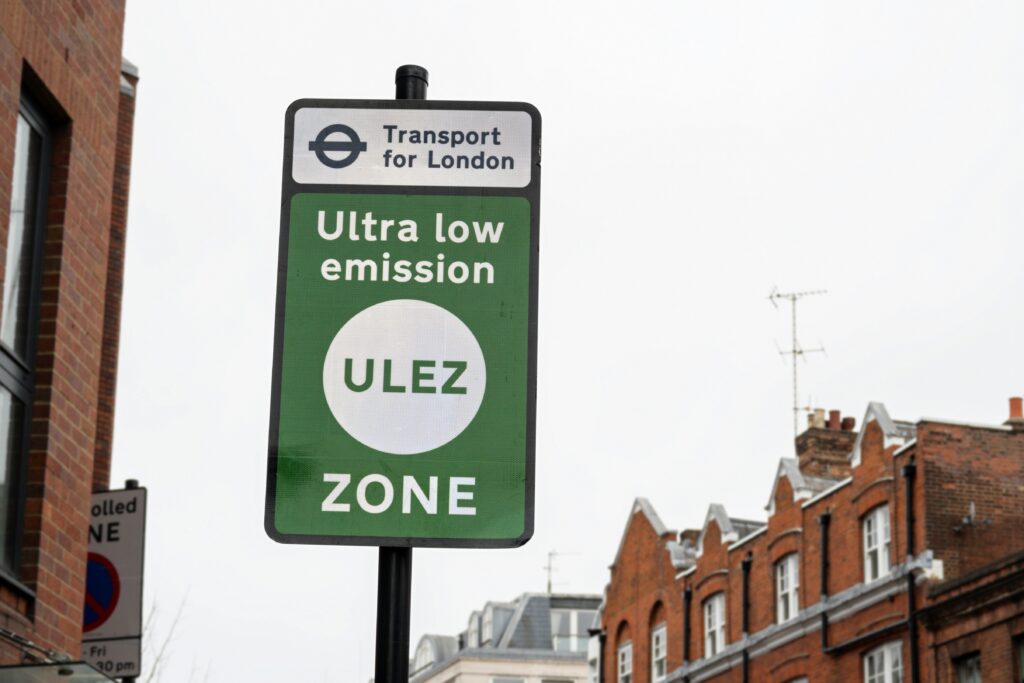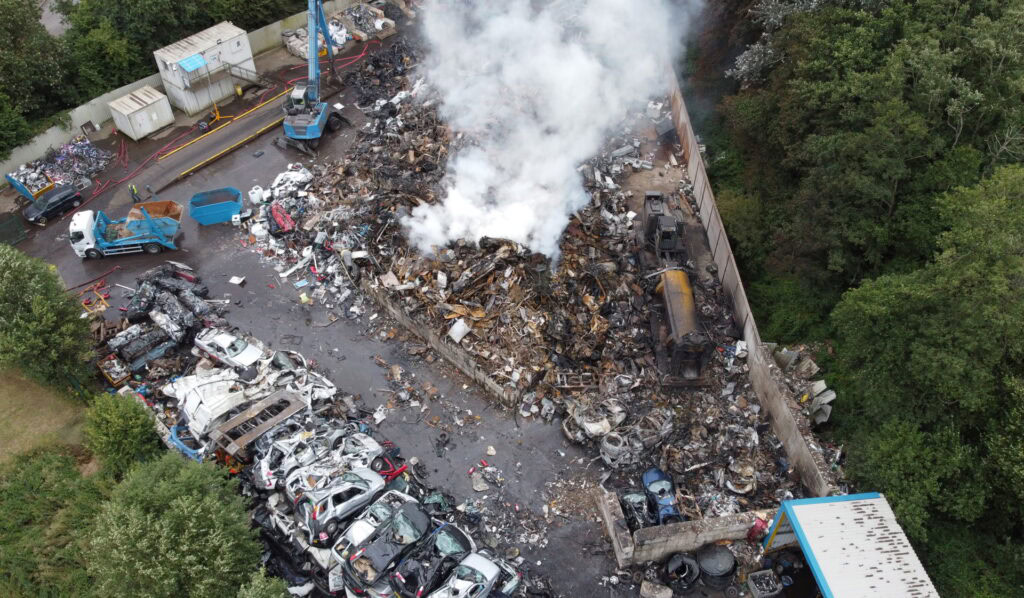A report from Gareth Hyams, managing director of APM Metals Ltd, gave an overview of the UK market where he said more stable prices have led to more material flowing through the UK.
For merchants in London and the surrounding areas, Mr Hyams said the ULEZ scheme has meant more vehicles of a certain age being scrapped in an attempt to boost the capital’s air quality. In turn, this has produced “an abundance of non-ferrous automotive scrap over the last few months and this looks set to continue for the time being”.
With some diesel vehicles having to pay a £12.50 daily charge to drive in the ULEZ zone, the Mayor of London set up a a £160m scrappage scheme, which provides financial assistance to help eligible London residents scrap vehicles that don’t meet ULEZ emission standards.
This has helped contribute to a “healthier” end of 2023 for some merchants, which has “fuelled hopes of 2024 following this trend”.
Construction

Mr Hyams outlined that the construction industry has come to a halt at present, but fortunately, and unlike for ferrous, non-ferrous supply has not been affected by this.
He added that the aluminium price has recently “been at its highest level for a couple of months, resulting in an active UK market owing to a favourable US dollar exchange rate”.
Aluminium has now been “free-flowing domestically, with shredder operators and merchants benefiting from this and moving stock in high quantities”. But even though export markets seem strong, mills in the UK and Europe appear to be at capacity in terms of stock, he said, meaning higher grades of aluminium are going to be “harder to move now until the new year”.
Europe
The report also featured updates from members of the BIR board from across Europe.
EMR’s Murat Bayram, speaking about Germany, also touched on the impact of similar legislation.
He outlined that in an effort to boost investment in the rail infrastructure, the German government has approved the expansion of the truck toll on federal roads and highways.
A new law, effective from 1 December, introduces an additional CO2 surcharge on the usage fee. Furthermore, starting July 1 2024, the toll obligation will extend to smaller transporters weighing over 3.5 tons as compared to the previous threshold of 7.5 tons.
Mr Bayram said: “This legislative move is expected to affect collection of scrap from smaller suppliers, exacerbating the scarcity of material. The recent energy crisis had already increased costs for smaller merchants and the extended truck toll measures are expected to deepen the impact on collections.”
For the Benelux region, Jurgen Van Gorp from Aurubis AG, said the focus on the elections has diverted attention from a couple of car manufacturing industry developments in the Benelux markets – one a cause for sadness and the other for optimism. Netherlands-based VDL Nedcar has announced that it will stop manufacturing cars and will cut its workforce from 2000 to roughly 430 people (just in case of a potential start-up project), whereas Volvo has confirmed that production of the EX30 – previously confined solely to China – will come to Gent in Belgium. It could be argued that, by bringing production to Belgium, there is a future for car assembly plants within the Benelux.








Subscribe for free